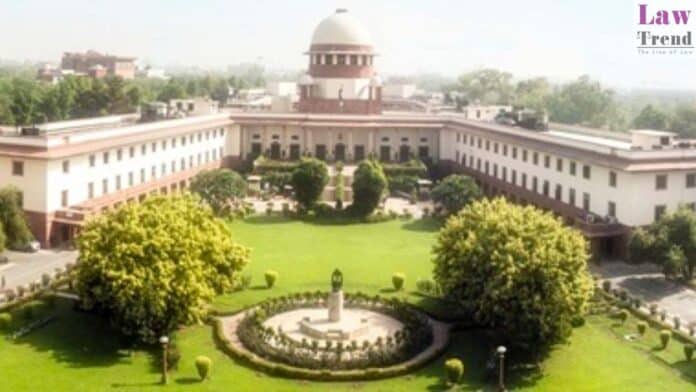The Supreme Court of India, in a significant pronouncement on procedural law in departmental proceedings, has held that a Disciplinary Authority is not required to record detailed reasons for imposing a punishment if it concurs with the findings of the Inquiry Officer’s report. A bench comprising Justice Rajesh Bindal and Justice Manmohan reaffirmed this legal
To Read More Please Subscribe to VIP Membership for Unlimited Access to All the Articles, Download Available Copies of Judgments/Order, Acess to Central/State Bare Acts, Advertisement Free Content, Access to More than 4000 Legal Drafts( Readymade Editable Formats of Suits, Petitions, Writs, Legal Notices, Divorce Petitions, 138 Notices, Bail Applications etc.) in Hindi and English.




